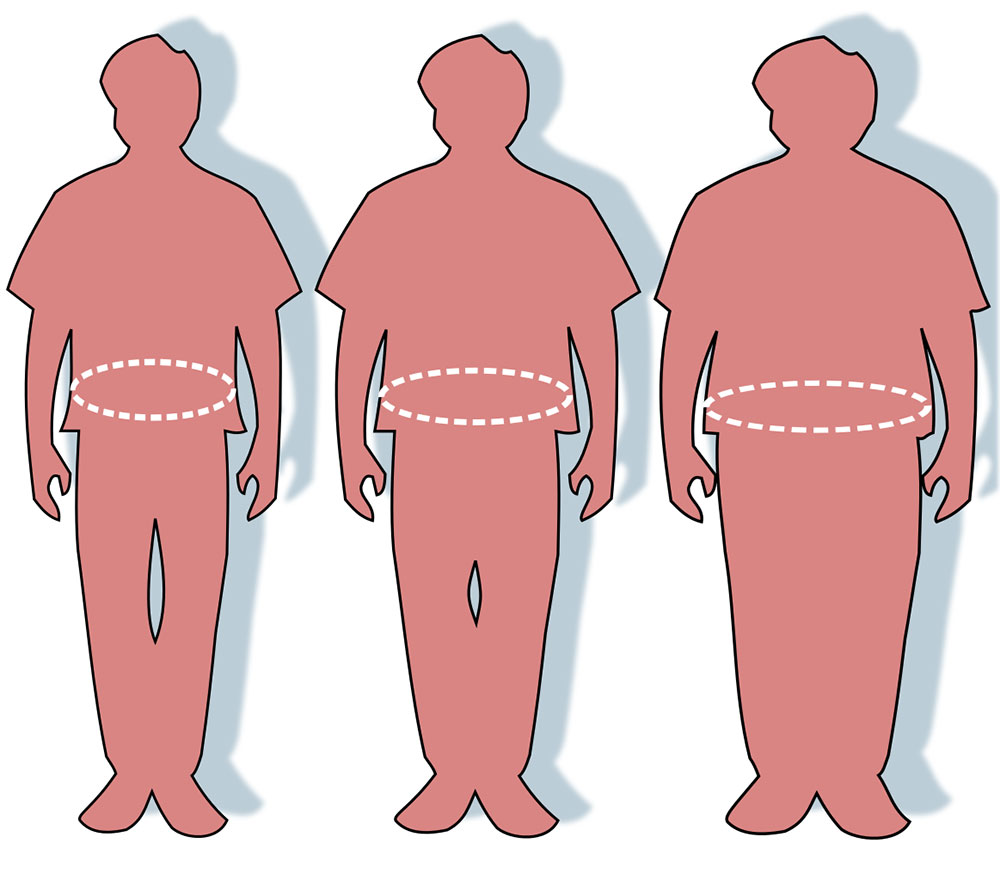How can robotic surgery benefit obese prostate cancer patients?
How can robotic surgery benefit obese prostate cancer patients?
21 May 2016In obese prostate cancer patients, robotic-assisted surgery to remove the prostate reduces the risk of blood loss and prolonged hospital stays, a Loyola Medicine study has found.
The robotic system allows surgeons to operate through a few small incisions. Movements by the surgeon's hand or wrist are translated into highly precise movements of the surgical instruments. Every maneuver is directed by the surgeon, in real time, as the surgeon views a magnified, 3D, high-definition image of the surgical site.
Data analysis of more than 9,000 obese men
Researchers, led by Dr Gupta, assistant professor in the Department of Urology of Loyola University Chicago Stritch School of Medicine, examined records from the 2009-2010 Nationwide Impatient Sample maintained by the Agency for Healthcare Research and Quality of 9,108 obese men who underwent radical prostatectomy (removal of the prostate gland and some surrounding tissue).
Among all patients, 60.4% underwent robotic-assisted radical prostatectomy and 39.6% underwent open prostatectomy.

Compared with patients who had open surgery, patients undergoing robotic-assisted surgery were 83% less likely to require blood transfusions and 72% less likely to require prolonged hospital stays. But robotic-assisted surgery did not reduce the risk of infections and other complications, the study found.
Study’s implications for patients and physicians
According to the researchers, the study results have implications. The finding that robotic-assisted surgery reduces blood transfusion and prolonged length-of-stay even in obese patients offers a better understanding of the value of robotic surgery in challenging patients.
For urologists, the finding that robotic and open surgery have similar complication rates implies that both techniques remain interchangeable. The surgeon's comfort level should dictate which surgical approach is used.
For obese prostate cancer patients, the broad findings suggest that both surgical approaches are feasible and safe.
Source: eCancer News